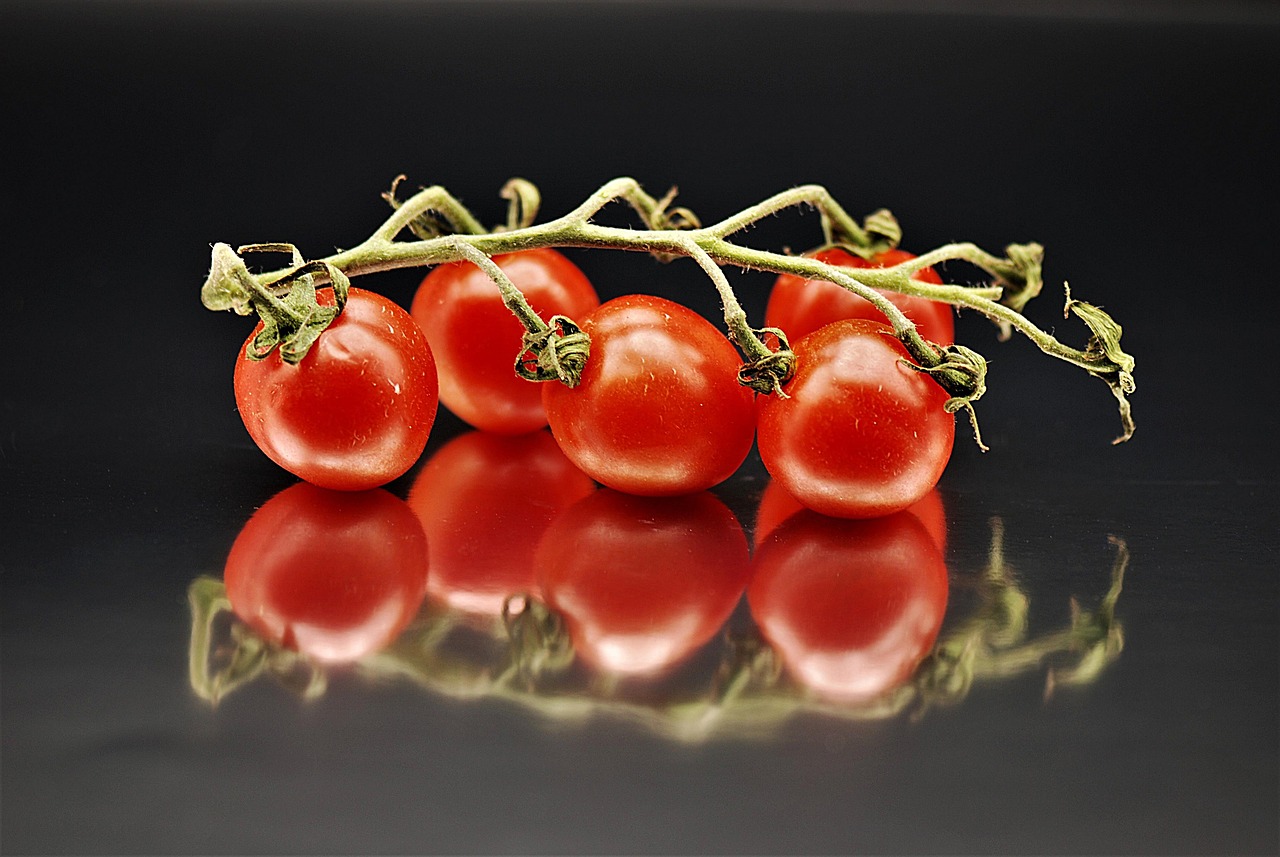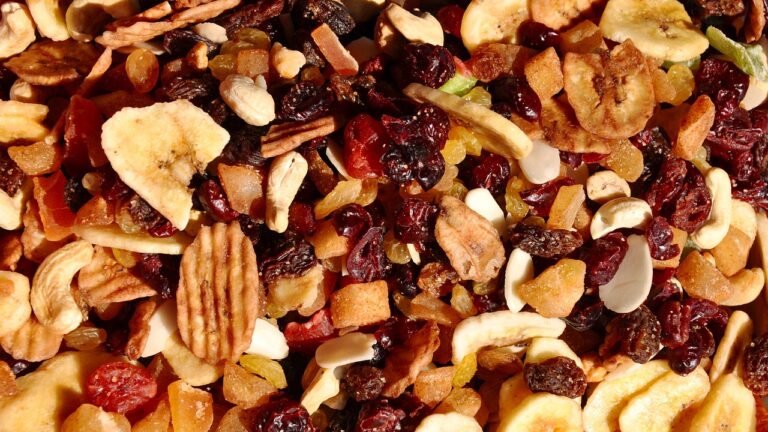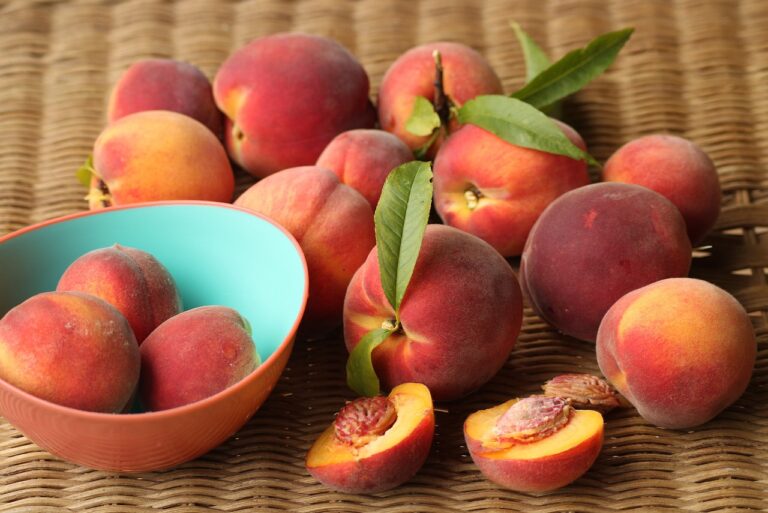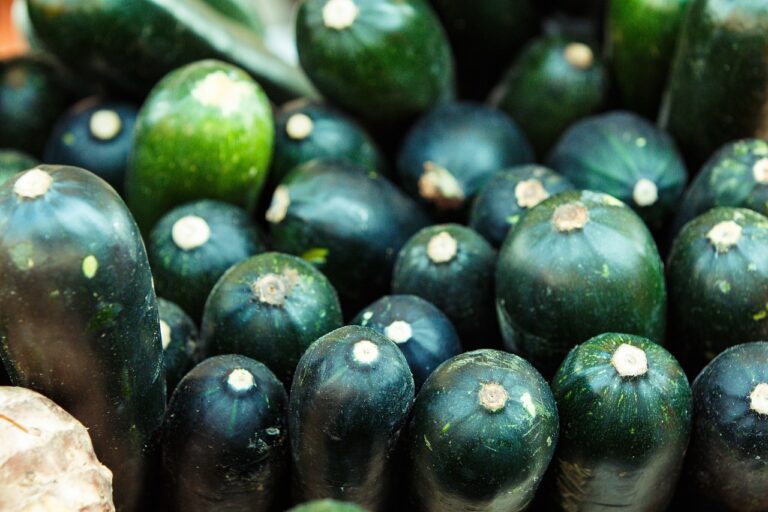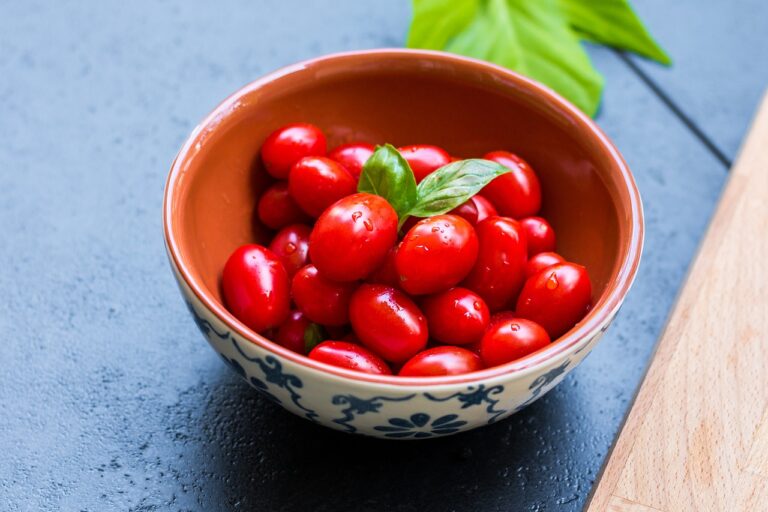From Superfoods to Everyday Staples: Debunking Nutrition Myths
Superfoods have become a popular term in the health and wellness industry, often associated with almost magical health benefits. However, it is essential to understand that there is no single food that can provide all the nutrients our bodies need. While superfoods like kale, blueberries, and quinoa are indeed packed with vitamins and antioxidants, relying solely on these foods may lead to an imbalanced diet.
Another common misconception about superfoods is that consuming them alone will automatically lead to improved health and weight loss. It is crucial to remember that overall dietary patterns and lifestyle choices play a significant role in our well-being. Simply adding a few superfoods to an otherwise poor diet will not provide the desired health outcomes. A balanced diet that includes a variety of nutrient-dense foods, along with regular physical activity, is key to achieving optimal health.
• Superfoods like kale, blueberries, and quinoa are packed with vitamins and antioxidants
• Relying solely on superfoods may lead to an imbalanced diet
• Consuming superfoods alone will not automatically lead to improved health and weight loss
• Overall dietary patterns and lifestyle choices play a significant role in well-being
• Simply adding a few superfoods to a poor diet will not provide desired health outcomes
• A balanced diet with nutrient-dense foods and regular physical activity is key for optimal health
Understanding the Nutritional Value of Everyday Staples
When it comes to understanding the nutritional value of everyday staples, it’s important to remember that these foods form the foundation of our diets. Staple foods like rice, wheat, potatoes, and beans may not be as trendy as superfoods, but they offer essential nutrients that are crucial for our overall health and well-being. These foods provide a good source of carbohydrates, proteins, vitamins, and minerals that our bodies need to function optimally.
While superfoods often claim the spotlight for their antioxidant-rich properties or high levels of certain vitamins, it’s essential to remember that everyday staples can also offer a diverse range of nutrients that are vital for maintaining a balanced diet. By incorporating a variety of staple foods into our meals, we can ensure that we are receiving the necessary nutrients our bodies require to thrive. So, next time you reach for that potato or scoop of rice, remember that these everyday staples are valuable contributors to your overall nutritional intake.
Debunking the Myth of “Good” vs “Bad” Foods
When it comes to food choices, we often categorize them as either “good” or “bad,” based on various factors such as calorie content, fat, sugar, or processing methods. However, it’s essential to understand that this black-and-white approach oversimplifies nutrition and can lead to restrictive eating habits.
Labeling foods as inherently “good” or “bad” can create a sense of guilt or shame around eating, which is counterproductive to developing a healthy relationship with food. In reality, all foods can be a part of a balanced diet when consumed in moderation. It’s important to focus on overall dietary patterns and making informed choices based on individual nutritional needs rather than strict rules about what is deemed “good” or “bad.”
What are superfoods and why are they often considered better than other foods?
Superfoods are nutrient-rich foods that are believed to provide exceptional health benefits. While they are often touted as being superior to other foods, the truth is that all foods can play a role in a balanced diet.
Is it true that certain foods are inherently “bad” for you?
The idea of labeling foods as “bad” is misleading. While some foods may be higher in unhealthy fats, sugars, or sodium, it is ultimately the overall balance of your diet that matters most.
How can I make informed choices about what to eat without falling into the trap of labeling foods as “good” or “bad”?
Focus on the nutritional value of foods rather than viewing them as inherently good or bad. Aim for a varied diet that includes a mix of fruits, vegetables, whole grains, lean proteins, and healthy fats.
What role do everyday staples like fruits, vegetables, and whole grains play in a healthy diet?
Everyday staples like fruits, vegetables, and whole grains are essential for providing essential nutrients, fiber, and antioxidants that support overall health. Including these foods in your diet can help you maintain a healthy weight and reduce the risk of chronic diseases.
How can I approach food choices in a more balanced and sustainable way?
Instead of focusing on strict rules or restrictions, aim for moderation and variety in your diet. Allow yourself to enjoy a wide range of foods while also being mindful of portion sizes and overall balance.

